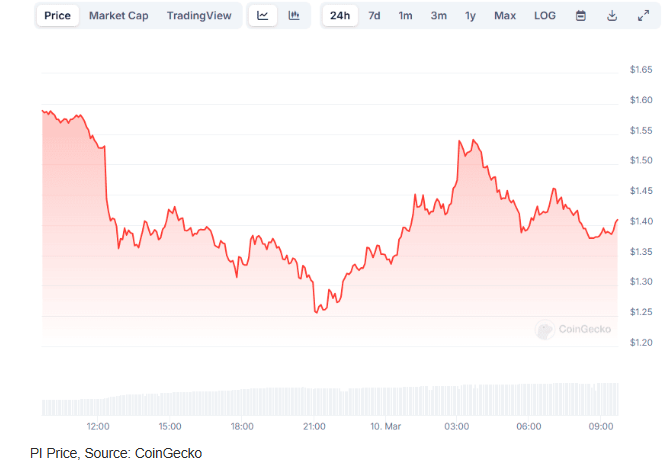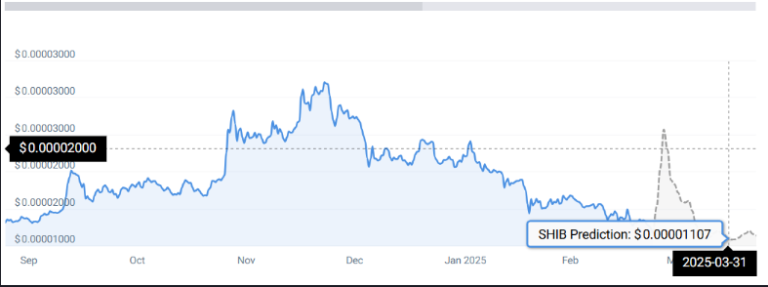BRICS’ Currency Powerplay: Challenging the US Dollar

- BRICS nations, including China and India, are opting for local currencies in international trade, sidestepping the US dollar.
- This move has saved China $10 billion and India $7 billion in oil transactions with Russia.
In a calculated strategic move, BRICS nations, particularly China and India, are making waves in the global financial arena. They are capitalizing on economic sanctions against Russia by steering away from the US dollar and embracing trade settlements in their homegrown currencies. The result? Substantial financial gains that are shaking up the world of finance.
Subheadline: Shifting Away from the Dollar
One of the most significant developments in this powerplay is China’s decision to ditch the US dollar for oil transactions. Instead, they’ve turned to the Chinese Yuan, a move that has translated into astonishing savings of $10 billion. Not to be outdone, India has secured $7 billion in savings by following a similar path. These savings have come from their oil deals with Russia, dating back to February 2022. For instance, India has inked deals for a whopping $186.45 billion worth of crude oil from Russian sources, intriguingly facilitated through China’s elaborate oil pipeline.
But this shift away from the dollar isn’t just a story of China and India. Saudi Arabia, a pivotal player in the oil market, has also been procuring crude oil from Russia at reduced prices and distributing it across Europe. In an added twist to the tale, Saudi Arabia has hinted at its readiness to consider local currencies as the medium of exchange for oil, nudging the US dollar further towards the outskirts of this financial landscape.
It’s evident that Russia is playing a key role in this geopolitical chess game. By offering oil and welcoming local currencies instead of the US dollar, Russia is skillfully sidestepping the sanctions.
Meanwhile, India is broadening its strategic horizon. A lucrative oil agreement with the UAE has seen India leveraging the Rupee, once again bypassing the US dollar to secure millions of barrels of precious crude oil.
The implications of these maneuvers run deep. The BRICS consortium is deliberately decreasing its reliance on the US dollar, which has traditionally been the linchpin of cross-border transactions. This shift isn’t just about immediate financial gains; it signifies a monumental change in global financial dynamics. As local currencies take center stage on the world’s financial platform, the once unassailable US dollar finds itself taking a step back.














